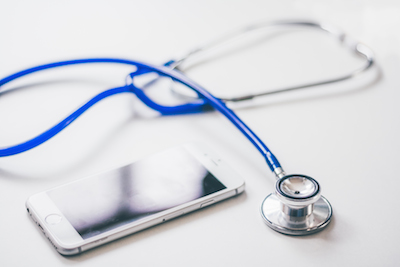
Closing down the country for a year has had consequences on many different areas that may have not initially come to mind. Therefore, in times of crisis, significant learnings may arise if we are open to them and do not revert to previous behaviors and actions. The impact on the residency application process and the final year of medical school are two such areas.
As medical school graduate numbers have continued to surpass residency slots, there is fierce competition for residency positions. Many American-trained medical students find themselves on average, applying to 70 different residency programs. This interview process is incredibly time-consuming and expensive, which creates a disadvantage to those who have no personal funding source. However, since COVID required interviews to be virtual, there has been a “leveling of the playing field.” Furthermore, the schools eliminated visiting electives, another barrier to those that do not have the means to pick up and move to a different location for months at a time.
One might argue that this creates a substandard discernment process by both the student and residency program; however, the opposite phenomena occurred, it has spurred innovation. In addition, many programs developed innovative and technologically savvy methods to showcase their programs, consequently further easing the student’s application burden since traveling to the schools was eliminated. Because it is difficult for programs to discern an applicant’s genuine interest when they apply to so many programs, several specialties experimented with interview caps to lessen the number of applicants.
Since equity is a significant focus on the delivery of care, it is equally as crucial in the residency application process. Therefore, these learnings from the previous “matching season” should continue to enhance our ability to impact applicants’ past disparities.
There was an impact on the educational process as well. During the third and fourth years of medical school training, experiential learning focuses on having students participate in direct patient care. This training did not occur during COVID. Thus, medical schools needed to innovate and create new methods of teaching and experiences. Additionally, “onboarding” and “skills testing” has risen as a greater need for first-year interns. These activities are a positive change; in prior years, there was a lack of focus on whether a student was truly ready to deliver care when they became an intern or resident. There are milestones throughout the educational process, and now there are defined milestones before even commencing, and not just the graduation diploma itself. If there is a discovery of deficiencies, additional oversight and training may occur. The impact of this new onboarding and scrutiny will only improve the educational experience.
Because we need to continuously focus on equity and preparedness, let us utilize these learnings to continue enhancing our processes over the past year. Let us not revert to former ways that create inequities and do not elevate care and quality. Seize every opportunity, including a crisis, to enhance and improve the educational system of medical training to serve its highest purposes.
